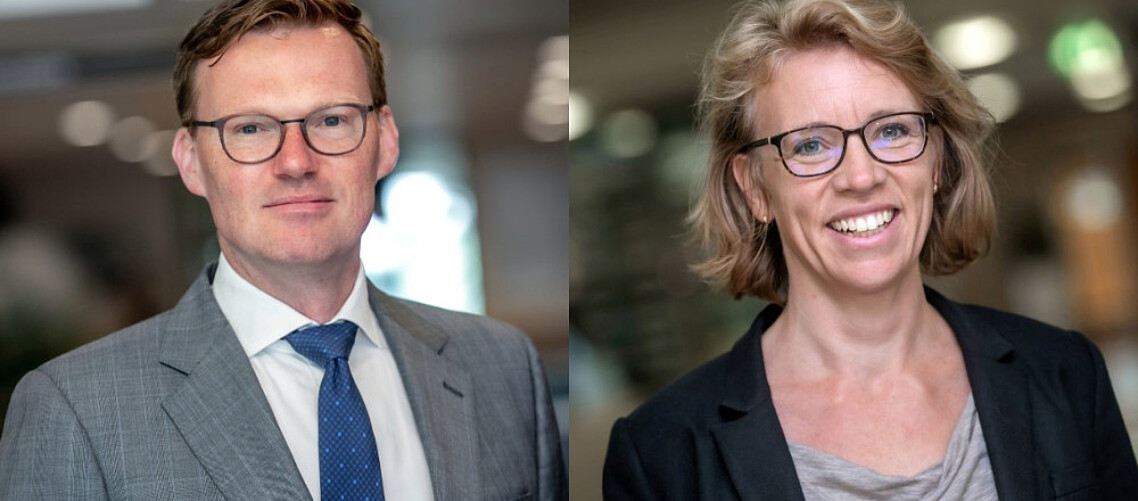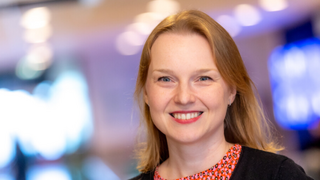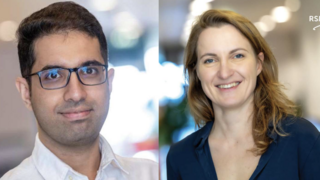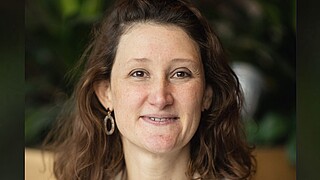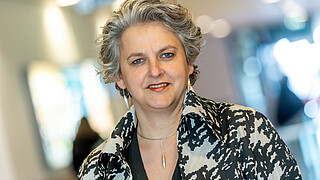Untapped potential in the gender gap
Even after years of targeted policy initiatives, there are still large gaps between the number of ventures founded by men and women, and even more so in the amount of start-up funding received by male and female entrepreneurs. Dr Laura Rosendahl Huber explained: “This gender gap presents untapped economic and societal potential. In particular, research has shown that female inventors and entrepreneurs are crucial to new product developments in areas like women’s health, speech language care, and online mental health services that have a significant impact on economic growth, prosperity, and societal inclusivity. Fostering female entrepreneurship also helps to change the distribution of wealth and opportunities because female entrepreneurs are more likely to employ other women and to invest in other female ventures and social ventures in general.
“Our project has three scientific aims over the next five years. First, we want to develop a theory specifically for female-led ventures based on our reviews of existing literature for female entrepreneurship. We anticipate we’ll be able to reinterpret existing findings using a framework that’s based on the theory of the firm. This asks why female-led ventures exist, how their boundaries are determined, how the differing interests of owners and managers can be reconciled, how firms should be organised internally for efficiency, and why performance outcomes differ between firms.
Returns for wealth, health and welfare
“Then we can test the predictions of this emerging theory in real life using detailed data that shows what happens when society promotes growth entrepreneurship among women – the realistic returns for wealth, health, and welfare.
“Finally, we can use the new knowledge we’ve gathered to develop and test two-sided interventions that can help ambitious female entrepreneurs navigate the funding funnel and develop their ventures by reducing the social distance separating them from potential investors.”
Most of the project will be conducted in the Netherlands and will give two new opportunities at RSM for a PhD student and a post-doctoral researcher. The project will link up with Dutch partners to focus on interventions in the Netherlands as well as with researcher Dr Vera Rocha from Copenhagen Business School and a team of international external advisors.
